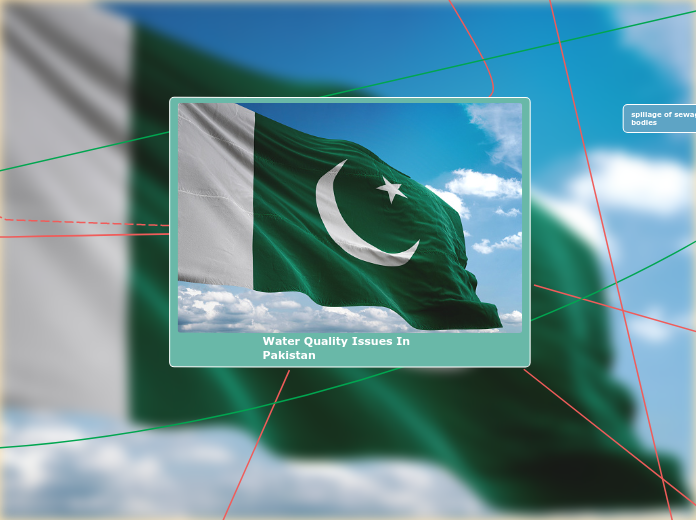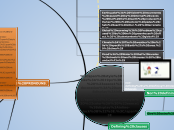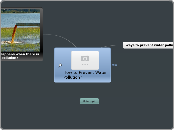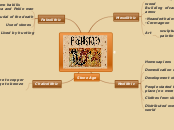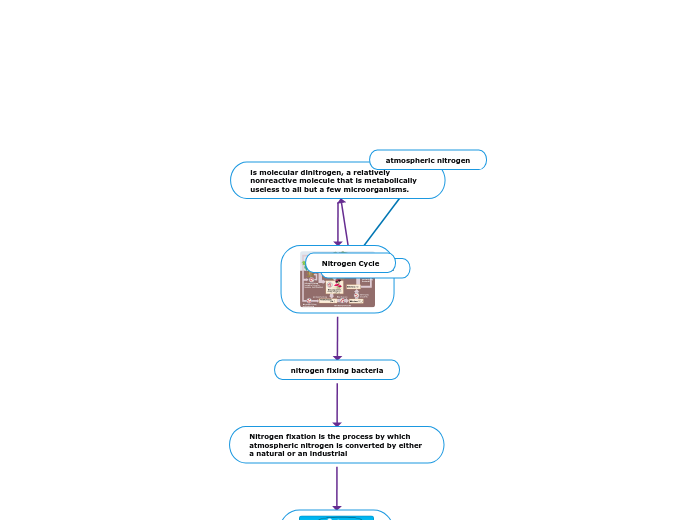Floating topic
High concentrations of arsenic is a major problem
Big cities of Punjab and Sindh
Around 16% of people are exposed to Arsenic
More than 50ppm of Arsenic
High concentration of salts
Causes
Chemical industries
Sea water encroachment
Soil salts dissolution
Irrigation
An estimate of fertilizers and pesticides used in the country is about 5.6 million tons
Chemicals leach into ground water, and mixes with irrigated and rain water
These find their way into rivers and canals that consist of clean drinking water
Chemical contaminations
Contaminants
Fertilizers
Pesticides
Soil Sediments
Industrialization
When the rainy season in the country begins. All the built up chemicals from the factory smoke comes down along with the rain as acid rain and gets mixed with clean drinking water
Floods causing damage to the drainage systems
Release of toxic chemicals and oil into rivers and canals. leading to the death of marine life
Buildings and standing crops have been destroyed
spillage of sewage water into clean water bodies
Microbiological contaminants
Biggest problems in rural and urban areas.
Caused by leakage from pipes, and pollution from sewage lines flowing into drinking water supplies.
An estimate of 25% of patients are suffering from diarrhea
Exponential decay
Water Quality Issues In Pakistan
Environmental issues
Effect on wild animals
Some wild animals end up drinking contaminated river water
They either die immediately or slowly die
Many poor people who are unable to afford clean drinking water, are forced to drink the ocean water filled with chemicals
The country faces a major threat of environmental degradation
Effect towards nature
Plants are dying due to them constantly being watered with unclean water
Crops are sometimes watered with contaminated water
Crops can end up absorbing the chemicals
Animals that eat plants can also get infected through this
Effect on marine life
Dead fish end up getting washed up almost 150 yards offshore
Hazardous industrial waste finds its way into the oceans
Fishes and various other forms of marine life end up swallowing these toxic substances
The same marine animals are then served to humans to eat.
Due to improper waste management systems, many companies are dumping their waste into, seas, rivers, and canals.
Societal issues
Dependence of water supply in the provinces of Pakistan
Clean water availability
In some areas of the country, water for showers is only available for a certain time period during the week
Independence of Pakistan, August 14, 1947
5600 cubic meters of water availability per capita.
This decreased to 1038 cubic meters of water availability in 2010. Roughly 406 percent!!!
If this trend continues, water availability could go down to 575 cubic feet in 2050
Tap water is extremely unsafe to drink
Solution?
Companies like Nestle, and Aquafina provide large bottles to people, those bottles contain clean and filtered water for people to drink
Not everyone can afford this service, especially the low income people
Boiling the contaminated water allows them to drink the water as boiling contaminated water kills microorganisms, such as bacteria and viruses. Making the water microbiologically safe.
Many low income people in the country are forced to drink that water due to lack of accessibility to clean water
Impacts on Humans
Common diseases caused by the contaminated water:
Typhoid, Cholera, dysentery, hepatitis, giardiasis, guinea worm infection, and cryptosporidiosis.
These diseases are responsible for 80% of all diseases and also responsible for 33% of deaths in the country
20-40 percent of all hospitals in the country are filled with people who had reported illnesses to waterborne diseases. (According to UNICEF)
pH
Calculating pH and concentration of hydrogen ions
Calculating pH in a river
Portable pH meter is used to find the pH level in large bodies of water.
pH level of exactly 7 is classified as neutral. (i.e. water)
Bases
pH levels above 7 are classified as basic solutions. (i.e. Baking soda)
Acids
Strong acids dissociate completely in water
Weak acids don't completely dissociate in water.
pH levels bellow 7 are classified as acidic solutions (i.e. Lemmon's)
Causes of issues in water quality
Agriculture waste and biproducts (manure)
Instead of getting rid of agriculture waste by throwing it into rivers and oceans
There wouldn't bee a need for artificial fertilizers
They can be used as a natural fertilizer
Dumped into canals and rivers
Poor sewage system
Municipal governments need to heavily invest in new sewage systems as majority of them are extremely old and lack the maintenance they need
Untreated and poor swage water
flows and dumped into canals and rivers
Subtopic
Untreated industrial waste in fresh water. Mainly released by industrial cities like Karachi and Lahore.
The country needs to invest more into industrial and chemical waste systems
Investing into these things is a major problem due to the high corruption rate in the country, and due to constant threats from neighboring countries such as India. Due to the threat against India, Pakistan has invested heavily into its military, which also allowed Pakistan to obtain nuclear warheads
Lahore: 6500 Tons of municipal waste daily
Karachi: 16,500 tons of municipal waste daily
Overpopulation
Pakistan land area: 881,913 km^2. Pakistan population: 227 million
Items fount in drinking water
nickel, copper, chromium, lead, cobalt, manganese, iron, bleach, and hydrochloric acid(these elements can cause a change in the pH level of the water.)
NaCLO(aq) + HCL(aq) = Cl2(aq) + H2O(l) + NaCl(aq)
Drinking water quality rank: 80
